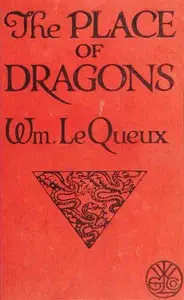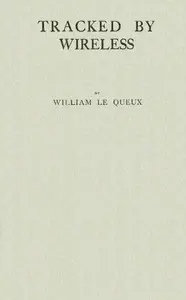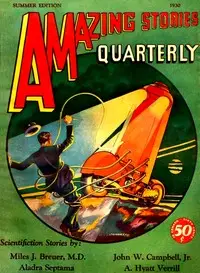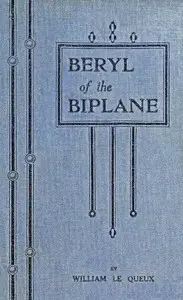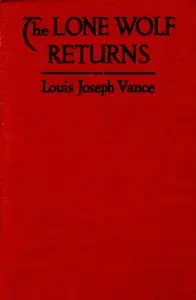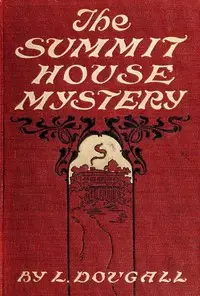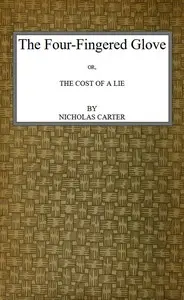"The Voice from the Void: The Great Wireless Mystery" by William Le Queux is a suspenseful mystery about a small-town reverend and his son caught in a web of strange events. It starts with the shocking return of a man thought to be dead, Gordon Gray, which throws the reverend, Mr. Homfray, into turmoil. Things escalate when the reverend's son, Roddy, finds a dying girl in the woods who cryptically calls for help, leading to Roddy's own disappearance. Mr. Homfray must confront secrets from his past, now connected to Gray, as the narrative builds an atmosphere of intrigue related to deaths and disappearances. This situation creates a story filled with suspenseful mystery that threatens to destroy everything he holds dear.

The Voice from the Void: The Great Wireless Mystery
By William Le Queux
When a presumed-dead man returns and a young woman dies in his son's arms, a reverend must confront his past to find his missing child.
Summary
About the AuthorWilliam Tufnell Le Queux was an Anglo-French journalist and writer. He was also a diplomat, a traveller, a flying buff who officiated at the first British air meeting at Doncaster in 1909, and a wireless pioneer who broadcast music from his own station long before radio was generally available; his claims regarding his own abilities and exploits, however, were usually exaggerated. His best-known works are the anti-French and anti-Russian invasion fantasy The Great War in England in 1897 (1894) and the anti-German invasion fantasy The Invasion of 1910 (1906), the latter becoming a bestseller.
William Tufnell Le Queux was an Anglo-French journalist and writer. He was also a diplomat, a traveller, a flying buff who officiated at the first British air meeting at Doncaster in 1909, and a wireless pioneer who broadcast music from his own station long before radio was generally available; his claims regarding his own abilities and exploits, however, were usually exaggerated. His best-known works are the anti-French and anti-Russian invasion fantasy The Great War in England in 1897 (1894) and the anti-German invasion fantasy The Invasion of 1910 (1906), the latter becoming a bestseller.



